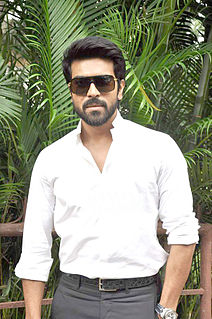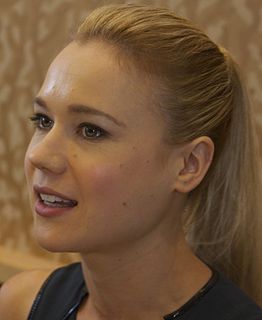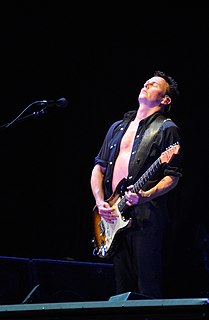A Quote by Gaspar Noe
I think that in the American film industry - or even in the European cinema - movies are made not to disturb any kind of class or any kind of minority.
Related Quotes
More than my other films, Uncle Boonmee is very much about cinema, that's also why it's personal. If you care to look, each reel of the film has a different style - acting style, lighting style, or cinematic references - but most of them reflect movies. I think that when you make a film about recollection and death, you have to consider that cinema is also dying - at least this kind of old cinema that nobody makes anymore.
American movie audiences now just don’t seem to be very interested in any kind of ambiguity or any kind of real complexity of character or narrative - I’m talking in large numbers, there are always some, but enough to make hits out of movies that have those qualities. I think those qualities are now being seen on television and that people who want to see stories that have those kinds of qualities are watching television.
The American public is a very specialized public. The reason it is taken as a realistic film is because inside the fable, I've put that kind of reality in. And it could easily be called, instead of Once Upon a Time in America, Once Upon a Time There Was a Certain Kind of Cinema. Because it was also an homage to cinema.






































